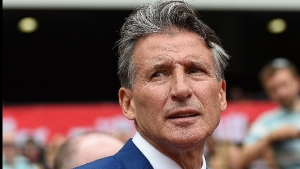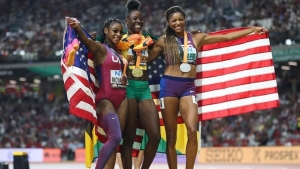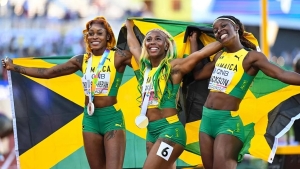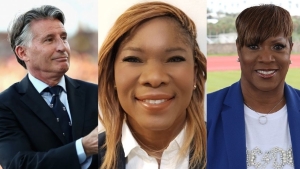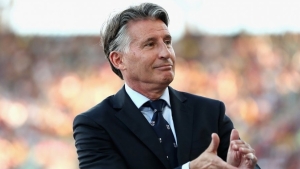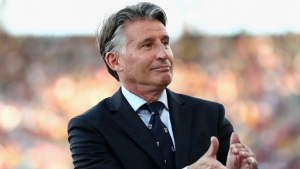World Athletics today announced the launch of the World Athletics Ultimate Championship, a groundbreaking new global championship event set to transform the athletics calendar and define which athlete is the best of the best – pitting world champions, Olympic champions, the Wanda Diamond League winners and the year’s best performing athletes against each other, to crown the ultimate champion.
Highlighting this revolutionary competition is a record-setting prize pot of US$10 million, the largest ever offered in the history of track & field athletics – with gold medallists set to receive US$150,000. This innovative event, debuting 11-13 September 2026 and set to be held every two years, will first be hosted in Hungary’s capital city of Budapest, promising a spectacular conclusion to the summer athletics season.
Designed as the ultimate season finale with an aim to captivate millions of television viewers worldwide, the global championship event will feature a thrilling and fast-moving new format for athletics. Taking place over three evening sessions, each under three hours in duration, the Ultimate Championship will showcase the best of athletics, including sprints, middle and long-distance races, relays, jumps, and throws, ensuring a spectacle that both existing and new fans will not want to miss. Athletes will represent their national teams to ensure that individual success is underpinned by national pride.
Setting a new benchmark for financial rewards in the sport, the World Athletics Ultimate Championship will feature a total prize pot of US$10 million, underscoring World Athletics' commitment to pay its athletes more, provide them with additional earning opportunities and increase their recognition. All athletes competing at the championship will be financially rewarded and the ultimate champions will receive US$150,000 each. Athletes will also benefit from greater promotional rights, allowing them to commercially activate and enhance their personal profiles.
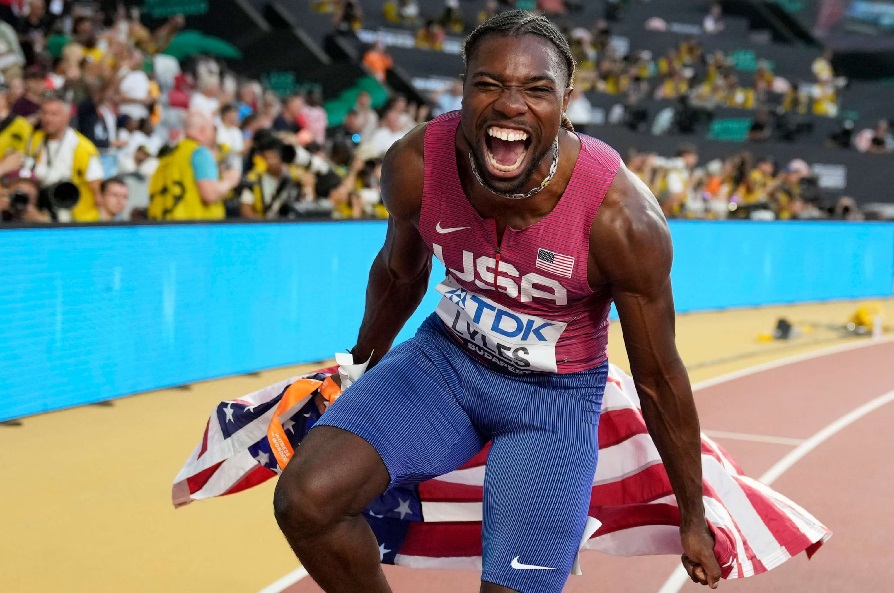
Chosen following a competitive process – which saw interest from a number of major global cities – and after hosting arguably the most successful World Athletics Championships in history last year, Budapest will welcome nearly 400 of the world's top athletes for the inaugural World Athletics Ultimate Championship between 11-13 September 2026.
“With only the best of the best on show and cutting straight to semi finals and finals, we will create an immediate pressure to perform for athletes aiming to claim the title of the ultimate champion,” said World Athletics President Seb Coe. “The World Athletics Ultimate Championship will be high on action and excitement for fans, setting a new standard for track and field events. Featuring athletics’ biggest stars, it will be a must-watch global sports event and means track and field will host a major global championship in every single year, ensuring for the first time that athletics will enjoy a moment of maximum audience reach on an annual basis.”
“By embracing innovation and breaking away from traditional models, we are looking to reach a broader audience, particularly younger fans, and elevate the entire sport,” said World Athletics CEO Jon Ridgeon. “There will be a strong focus on television audiences, with an aim to reach the biggest global audience possible. We also want to enhance the viewing experience, both at home and in the stadium, so we are looking at what new competition innovations can be introduced, all of which will be thoroughly tested in advance. We truly believe this will be a game changer for our entire sport.”
“Budapest is truly honored to be the inaugural host city for the highly innovative World Athletics Ultimate Championship. Having successfully hosted the 2023 World Athletics Championships, recent World Aquatics Championships, major UEFA events and many more, Budapest is ready to deliver again,” said Balázs Furjes, IOC member for Hungary and previous co-leader of the World Athletics Championships Budapest 23 organising committee. “Budapest is truly one of global sport’s capital cities and 2026 will be a very special year as we host the UEFA Champions league final in the new Puskás Arena and then later that summer the World Athletics Ultimate Championship in the brand new National Athletics Centre. Staging the Ultimate Championship will be a great chance to prove it again, in front of passionate, sport loving fans, to celebrate the athletes from all over the world. Because we just love sport and hosting the world.”

“After the success of the World Athletics Championships Budapest 23, Hungary started discussions with World Athletics about how could we remain active participants in the international field, adding value to the universal family of athletics. Hosting the inaugural edition of the Ultimate Championship is an excellent occasion to keep the pace and together with President Coe we have even more plans to deliver,” said Adam Schmidt, the State Secretary of Sports in Hungary. “These partnerships have a very positive impact on our national sport curriculum and Hungary is always happy to welcome the world in our magnificent capital city, Budapest.”
As World Athletics continues to prepare for this exciting new championship event, consultation with stakeholders – including athletes and their representitives, coaches, shoe companies, broadcast organisations, Member Federations and many others – will continue throughout the summer before a full event launch this coming Autumn.
























